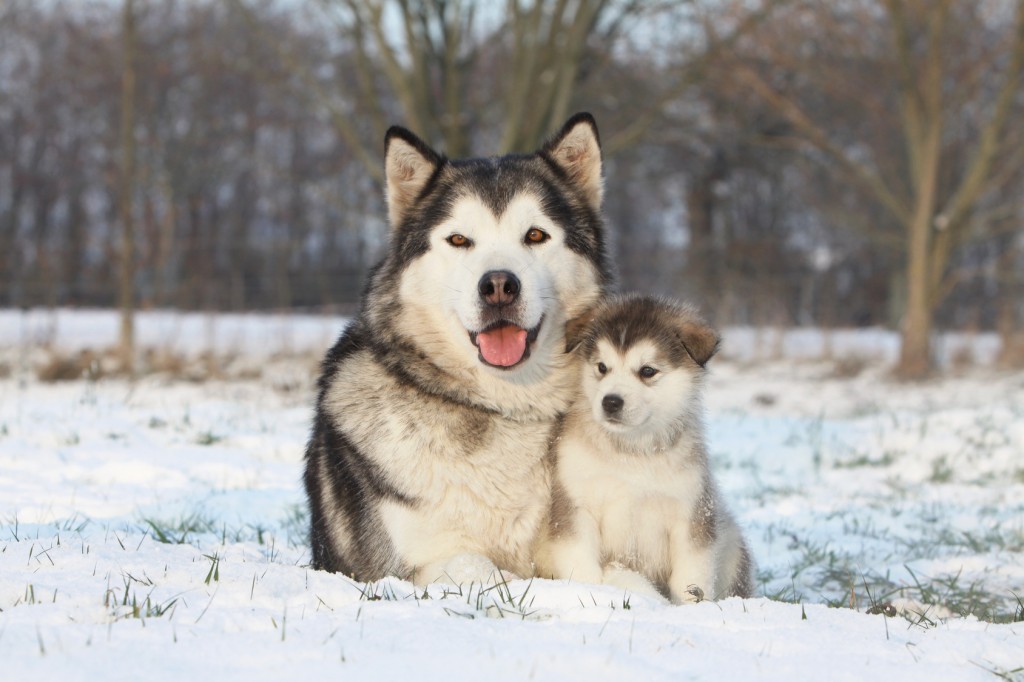Even the best commercial dog foods available on the market today do not contain all of the ingredients that are necessary to sustain the nutritional needs of your working dog.
Active dogs need an extra boost of nutrition to support their busy lifestyle. A good example of their diet should contain a high-quality meal consisting of 40% – 45% fats and close to 50% protein.
In addition, active dogs should take extra supplements. Below is a list of four supplements to add to your dog’s diet.
Antioxidants: Regular, intense exercise increases the number of free radicals and oxidative damage in the body. That is why it is beneficial to provide your dog with a daily dose of antioxidants.
Antioxidants are necessary to every dog’s diet, especially if you have an active dog. The power of antioxidants works to block the harmful effects of free radicals, therefore reducing their numbers. Antioxidants are also said to help strengthen blood vessel walls and improve circulation.
Antioxidants are acquired by eating fruits and vegetables that are rich in colors. Some examples are grapefruits, grapes, broccoli, peas, carrots, and dark green vegetables. If your dog is not into eating fruits and vegetables, he can still obtain antioxidants by taking supplements.
Most supplements also include vitamins C and E, flavonoids, and carotenoids such as lycopene, beta-carotene, and lutein. Some even contain amino acids, the building blocks of cells. Dosage will vary according to your dog’s weight.
Vitamins And Minerals: Increased exercise demands more vitamin C and B-complex. Vitamin C combats stress and helps support the immune system, while B-complex vitamins promote healthy skin, muscles, and blood.
Fruits and vegetables, as well as organ meats (kidney and liver), are high in vitamins and minerals. But for finicky dogs, you may need to give them vitamin and mineral supplements in chewable tablet form. Small dogs should take 50 mg of Vitamin C per day and 500 mg for large dogs. B-complex vitamins should contain 4-5 mg of niacin for a dog weighing 35 lb.
Probiotics And Enzymes: Probiotics and digestive enzymes aid in proper food digestion. They also prevent your dog from acquiring stress-related stomach problems such as diarrhea and nervous vomiting. These two supplements are best when given in tablet form.
Omega-3 Fatty Acids: These essential fatty acids have antioxidant and anti-inflammatory properties. In addition, Omega-3 fatty acids prevent and cure skin problems and decrease arthritic stiffness in dogs. Excellent sources of Omega-3 include cod liver oil, fish oil, flaxseed oil, and animal sources.
